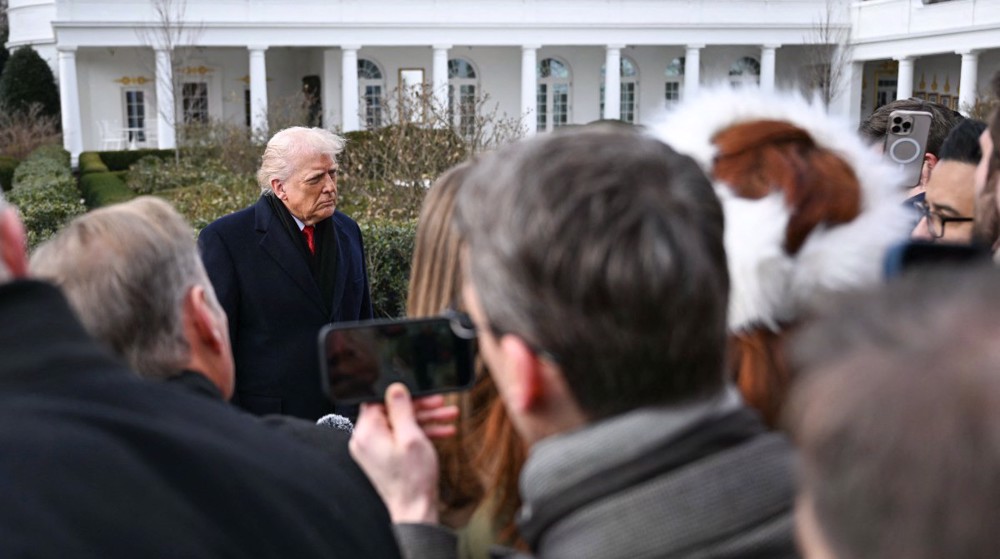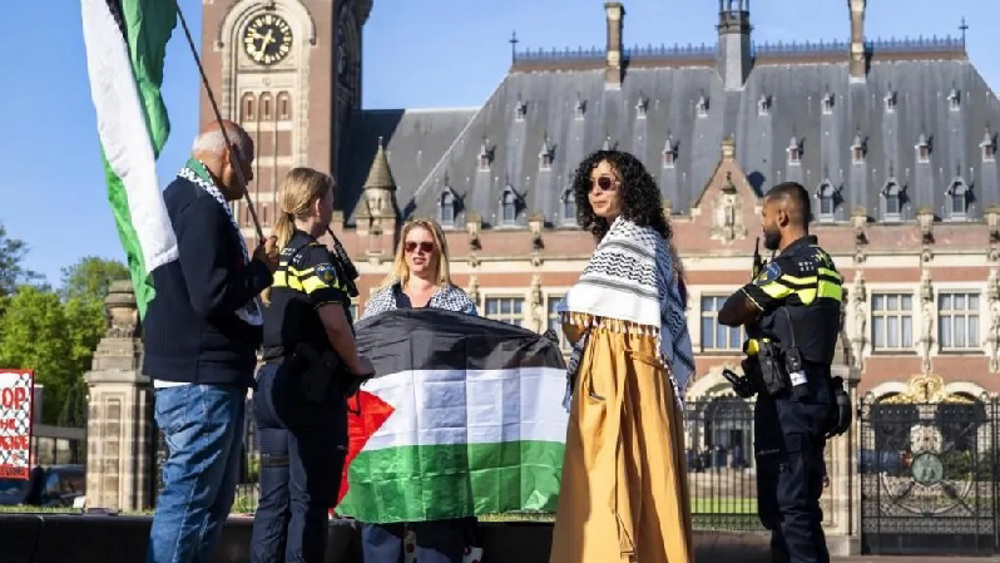Britain sets out details of relationship with EU after Brexit
Britain has pronounced details of the future relationship it envisages with the European Union, saying it wants talks with the EU to move on to the next phase.
Senior British ministers presented a united front to negotiations with the EU on Sunday. The UK wants to start talking about its post-Brexit relationship with the EU in order to reassure anxious businesses, citizens and investors, but the union has insisted that first exit arrangements should be determined.
"We need to get on with negotiating the bigger issues around our future partnership to ensure we get a deal that delivers a strong UK and EU," Brexit minister David Davis said in a statement, according to Reuters.
British Finance Minister Philip Hammond and Trade Minister Liam Fox both told the EU that there should be a time-bound transition period.
The finance minister’s Brexit department said it would publish some papers, including plans for a new customs arrangement and how to resolve the problems of a non-existent border between Ireland and Northern Ireland.
"We've been crystal clear that issues around our withdrawal and our future partnership are inextricably linked," a source in Britain's Brexit department said.
"These papers show we are ready to broaden out the negotiations."
According to reports, the Brexit negotiations have not begun well due to disagreements among Prime Minister Theresa May's team of ministers about the kind of deal they should be seeking.

Former top British diplomat Simon Fraser said last week the government needed to put forward a clearer position in order to move forward with the Brexit talks.
Since May lost her parliamentary majority in a election gamble in June, infighting between members of her cabinet has appeared, with disagreements on issues including whether freedom of movement of EU nationals should continue after Britain leaves the bloc in 2019.
Negotiations so far have focused on how much the UK should pay to leave the union, what rights British and EU citizens will have, and how to manage a land border to the bloc in Ireland.
The Sunday Telegraph newspaper reported last week, citing three unnamed sources, Britain is willing to pay up to 40 billion euros ($47.1 billion) to the EU as the bloc wants considerable progress on settling Britain’s liabilities before Brexit talks resume.
The newspaper had reported that London had agreed to pay the EU €10 billion every year for up to three years after Brexit. But the British government rejected the report.
In July, British Foreign Secretary Boris Johnson criticized the European Union over Brussels’ demand for a Brexit divorce bill, saying, “The sums I have seen that they propose to demand from this country appear to be extortionate.”

The UK is currently due to leave the EU at the end of March 2019 after nearly 52 percent of Britons opted to leave the bloc during the EU referendum in June last year.
The UK formally triggered the Brexit process on March 29 and divorce negotiations officially began on June 19.
During their second round of talks held in July, the EU and UK Brexit teams failed to reach an agreement on 22 of the 44 issues under negotiation.
The two sides still had "fundamental" differences over Britain's exit bill and over the rights of EU citizens living in the UK, the EU’s chief Brexit negotiator Michel Barnier said after the second round of negotiations.
VIDEO | Criticism grows over Pakistan joining Trump-led 'Board of Peace'
Iraq’s dominant political bloc nominates Nouri al-Maliki for prime minister
Israel moves to restrict Palestinian re-entry to Gaza, ‘encourage outflow’: Report
VIDEO | Iran warns enemies against new 'adventurism'
VIDEO | Venezuelans demand return of their president Nicolás Maduro
Muslims facing ‘major confrontation’ led by US and Israel: Hezbollah chief
Palestine Action activist at risk of death after beginning thirst strike in UK jail
VIDEO | South Korean supporters of Palestine slam Trump's 'Board of Peace'




















 This makes it easy to access the Press TV website
This makes it easy to access the Press TV website